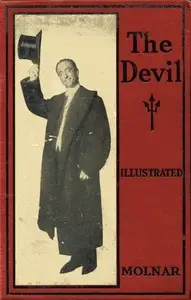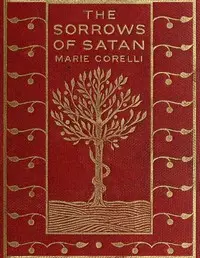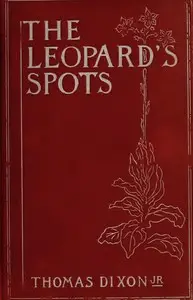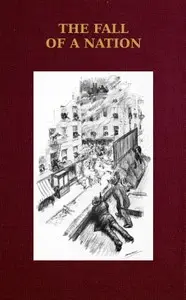"The Root of Evil" by Thomas Dixon is a story that drops us into the lives of James Stuart, a young lawyer, and his sweetheart, Nan Primrose, set against the dynamic cities of New York and the mountains of North Carolina. The book shows how James, initially lost in the happiness of his love for Nan, quickly faces the threat of her mother’s plans to push her toward richer men, like the wealthy John C. Calhoun Bivens. Themes of love, ambition, and morality are tested as James confronts scheming family and the lure of wealth, realizing that keeping Nan might mean choosing between his beliefs and what society expects. As the story builds, the stage is set for a clash with Bivens over what really matters in a world changing fast, as it is revealed that the struggle to safeguard their bond is complicated by society's corrupt influences and the pursuit of wealth.

The Root of Evil
By Thomas Dixon
In a world of wealth and expectation, a young couple must fight against scheming family to embrace ideal love, or surrender to the twisting root of evil.
Summary
About the AuthorThomas Frederick Dixon Jr. was an American Baptist minister, politician, lawyer, lecturer, writer, and filmmaker. Dixon wrote two best-selling novels, The Leopard's Spots: A Romance of the White Man's Burden—1865–1900 (1902) and The Clansman: A Historical Romance of the Ku Klux Klan (1905), that romanticized Southern white supremacy, endorsed the Lost Cause of the Confederacy, opposed equal rights for black people, and glorified the Ku Klux Klan as heroic vigilantes. Film director D. W. Griffith adapted The Clansman for the screen in The Birth of a Nation (1915). The film inspired the creators of the 20th-century rebirth of the Klan.
Thomas Frederick Dixon Jr. was an American Baptist minister, politician, lawyer, lecturer, writer, and filmmaker. Dixon wrote two best-selling novels, The Leopard's Spots: A Romance of the White Man's Burden—1865–1900 (1902) and The Clansman: A Historical Romance of the Ku Klux Klan (1905), that romanticized Southern white supremacy, endorsed the Lost Cause of the Confederacy, opposed equal rights for black people, and glorified the Ku Klux Klan as heroic vigilantes. Film director D. W. Griffith adapted The Clansman for the screen in The Birth of a Nation (1915). The film inspired the creators of the 20th-century rebirth of the Klan.













